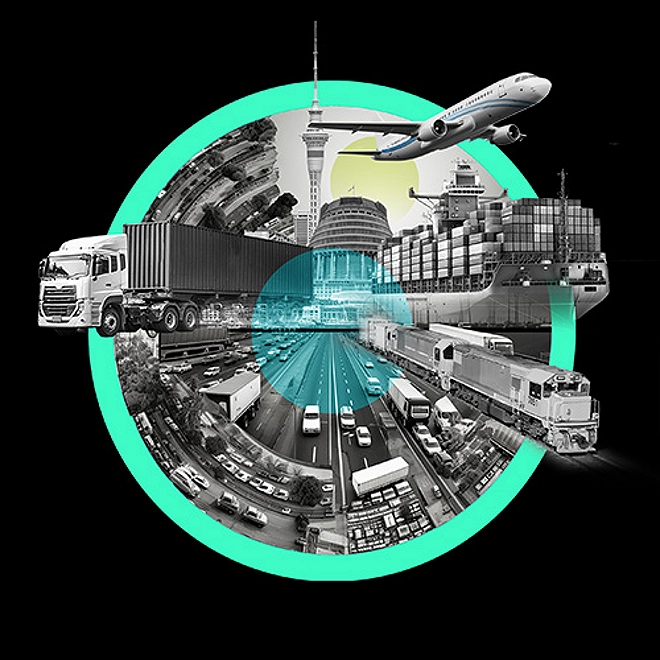2024 Human Capital Trends
What will it take for organisations – and humans – to thrive in a boundaryless world?
It’s time to trade in the rules, operating constructs, and proxies of the past. Reimagining boundaryless work amid these disruptions is no longer hypothetical—or optional. The old proxies previously relied upon to measure performance may no longer apply, and there’s no easy playbook to follow that will enable organisations to thrive in this new environment.
So what’s next for organisations and workers? What steps can we take to create a future full of possibility and hope in the uncertainty of a boundaryless world?
Deloitte’s annual Global Human Capital Trends Report “Thriving Beyond Boundaries: Human Performance in a Boundaryless World,” identifies emerging trends that showcase how a combination of business and human outcomes play a role in organisational success. This year’s analysis reveals that organisations making meaningful progress on these key issues are nearly twice as likely to achieve desired business and human outcomes.
Prioritising human performance can help organisations make the leap into a boundaryless future. We define human performance as a mutually reinforcing cycle with compounding, shared value for workers, organisations, and society — (Human outcomes) x (Business outcomes) = Human performance.
Our 2024 Global Human Capital Trends research reveals that a focus on the human factor is emerging as the bridge between knowing what shifts are shaping the future of work and doing things to make real progress toward putting them into action to create positive outcomes.
A New Zealand perspective
- Both in New Zealand & Australia, a vast majority (87%) of workers recognise the crucial role of trust and transparency in organisational success, indicating a shared perspective across these geographies.
- 80% of New Zealand and Australian respondents regard leadership as critically or very important, closely mirroring the global perspective where 81% share the same view.
- While a majority of New Zealand and Australian respondents recognise the importance of boundaryless HR, their level of importance (68%) falls slightly below the global average.
- 66% of New Zealand and Australian respondents view addressing the imagination deficit as critically or very important, compared to 73% globally.
Deloitte New Zealand's Human Capital team can help you explore these trends and the opportunities that can stem from them for your organisation. Connect with us today.



